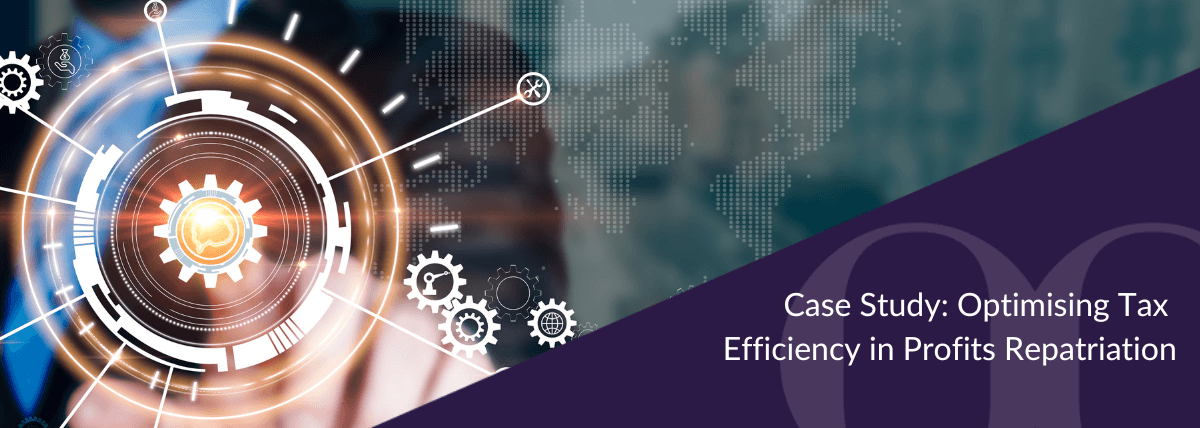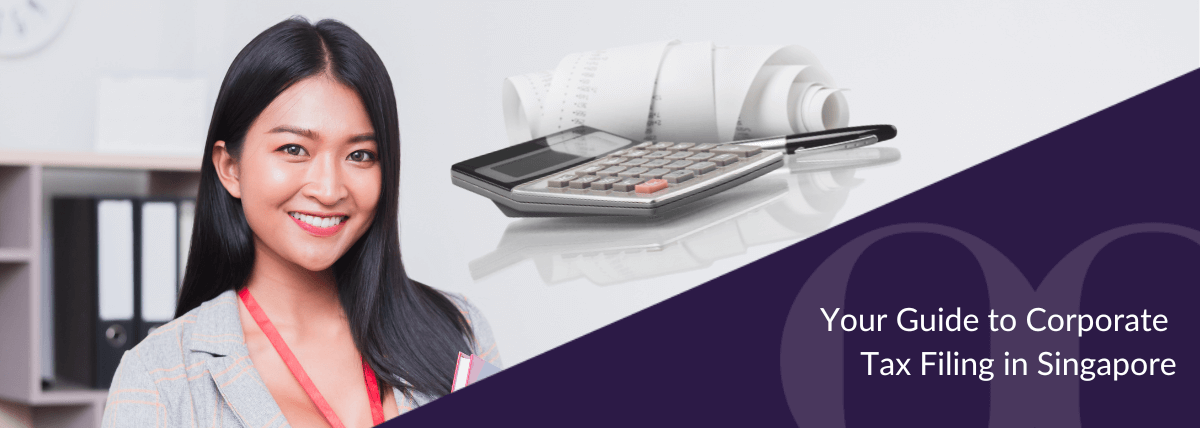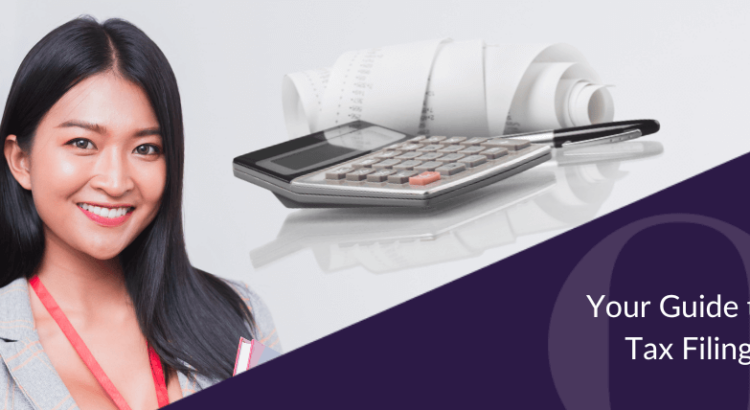Managing your corporate tax obligations and ensuring their timely filing is a crucial part of conducting and operating your business in Singapore. The Singapore government has specific regulations in place regarding corporate taxes, and while it offers a business-friendly environment, it’s important to learn the steps involved to navigate the process more easily. This guide provides the essential information you need to file your taxes accurately and on time.
What Is Corporate Tax Filing?
Corporate tax filing is the process of declaring your company’s income to the Inland Revenue Authority of Singapore (IRAS) and paying any taxes owed. It’s a mandatory annual process that ensures businesses contribute their fair share to the nation’s development.
Why Is Corporate Tax Filing Important?
Corporate tax filing is important for several reasons, and they include the following:
Who Needs to File Corporate Income Tax in Singapore?
According to IRAS, companies that must fulfil corporate tax obligations include:
- A business entity incorporated or registered under the Companies Act 1967 or any law in force in Singapore. It usually has the words ‘Pte Ltd’ or ‘Ltd’ as part of its name
- A foreign company registered in Singapore such as a branch of a foreign company
- A foreign company incorporated or registered outside Singapore
However, sole proprietorships and partnerships have separate filing requirements. Sole proprietors report their business income under their personal income tax filing, while partnerships file a separate partnership tax return.
Understanding the Singapore Corporate Tax System
Singapore’s corporate tax system revolves around the concept of the Year of Assessment (YA). The YA refers to the calendar year for which you’re filing your taxes. It’s important to note that corporate tax is levied on income earned in the preceding year. For example, in 2024 (which is also your YA2024), you’ll file your corporate tax return for income generated in 2023.
Singapore boasts a flat corporate tax rate of 17%, applicable to both local and foreign companies. This rate is applied to your company’s “chargeable income,” which is essentially your taxable income after deducting allowable expenses from your gross income.

Key Corporate Tax Filing Requirements
Before filing your corporate tax return, you must understand the requirements to complete the following two Corporate Income Tax (CIT) returns annually at different times:
Your company does not need to file ECI in the YA when both the criteria are met:
- Annual revenue is $5 million or below for the financial year; and
- ECI is nil for the YA. The ECI is the amount before deducting the exempt amount under the partial tax exemption scheme or the tax exemption scheme for new start-up companies
Form C-S and Form C-S (Lite) are for companies with income taxed at the 17% Corporate Income Tax rate and not claiming certain deductions or credits in the Year of Assessment (YA), such as Carry-back of Current Year Capital Allowances/Losses, Group Relief, Investment Allowance, Foreign Tax Credit, and Tax Deducted at Source. If your company’s annual revenue is $5 million or below, you will use Form C-S. If your company’s annual revenue is $200,000 or less, you will use Form C-S (Lite).
Companies that do not meet the above criteria must file Form C.
The filing deadline for these forms is typically 30 November of the YA.
Penalties for Late or Inaccurate Corporate Tax Filing
Late or inaccurate filings can result in penalties from IRAS. The penalties can be significant and include:
- Late filing penalty: If you fail to file your corporate tax by the due date, IRAS may issue an estimated Notice of Assessment (NOA) based on your company’s past years’ income or any information that IRAS may have. Your company must pay the estimated tax within 1 month from the date of the NOA even if you intend to object to the assessment or are awaiting the outcome of the objection. A penalty of 5% of the unpaid tax will be imposed on you if the full payment is not submitted to IRAS by the due date addressed in the NOA.
- Late payment penalty: If tax payment is overdue by 60 days after the 5% penalty, a 1% monthly penalty may apply for each completed month that the tax remains unpaid, up to a maximum of 12% of the unpaid tax.
- Inaccurate filing penalty: A penalty ranging from 200% up to 400% of the additional tax may be imposed due to the inaccuracy, depending on whether there is evidence indicating intention to evade taxes. In severe cases where the taxpayers are found to have the intention to evade taxes, they may be prosecuted with a maximum fine of SG$50,000 and/or imprisonment of up to 5 years.

How Can BoardRoom Help You with Corporate Tax Filing in Singapore
Navigating Singapore’s corporate tax system can be intricate. BoardRoom takes the complexity out of tax filing, allowing you to focus on running your business. Our team of tax professionals possesses in-depth knowledge of Singapore’s tax regulations and can handle all aspects of your corporate tax filing, from ECI filing and tax computation to preparing and submitting your final tax return to IRAS.
Talk to BoardRoom today to ensure accurate filing and compliance in your corporate tax filing.
Related Business Insights
-

17 Oct 2024
Payroll Best Practices: Your Guide To Financial Services Payroll Management
Effective payroll management in financial institutions is key to compliance and risk reduction. Find out what you c …
READ MORE -

07 Oct 2024
Your Guide to Global Mobility Tax Solutions
Discover ways to navigate tax and compliance when working with international assignments with global mobility tax s …
READ MORE -

06 Sep 2024
Case Study: Optimising Tax Efficiency in Profits Repatriation
Discover how BoardRoom's two-step tax approach helps a multinational conglomerate evaluate tax-efficient profit rep …
READ MORE

